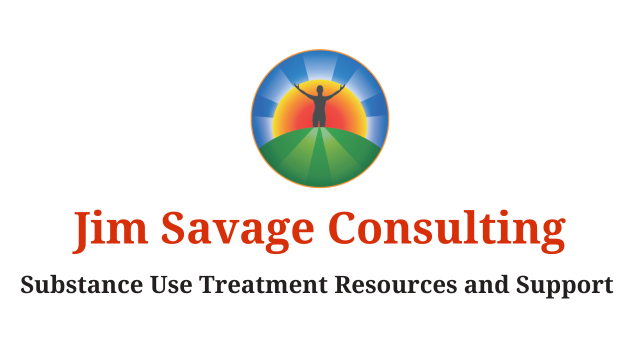
In 2010, after running a successful adolescent and young adult IOP program for over ten years, I decided to turn my attention to working directly with families. I did so after recognizing:
- How much of an impact the family can have on treatment outcomes, and
- How much help families need in navigating treatment with a loved one.
Research shows that family involvement improves treatment outcomes. Yet, if we're really being honest here, there is a glaring disconnect when it comes to family support in addiction treatment. Budget constraints, staff burden, and the logistical issues associated with family programming all add up to a big challenge for facilities when it comes to providing effective family support.
At the other end of the spectrum, most treatment professionals are familiar with how much potential there is for families to undermine treatment efforts through enabling and other forms of unintentional sabotage.
This disparity between the positive and negative influence the family can have on treatment is why I refer to the family as the "X-factor" when it comes to treatment success:
In many cases, it's not an overstatement to say that the family can either make or break the case.
I became focused on addressing this "X-factor" that can make such an impact on treatment outcomes. The first thing I did was write a book called Rehab Works! A Parent's Guide To Drug Treatment. I then went on to develop the RehabWorks Family Support program, an online educational platform for families of treatment clients. The purpose of RehabWorks was to provide a solution for harnessing what I refer to in my book as "the untapped potential the family represents for improving treatment outcomes."
Bridging The Gap
The underlying premise of my work with RehabWorks is pretty straightforward: Unless we start checking families in to treatment along with the clients—which is not going to happen—there will always be an inherent gap between the client, the family, and the treatment team. And these gaps are where important treatment details fall through the cracks—and often become some of the biggest and most consistent contributors to poor outcomes.
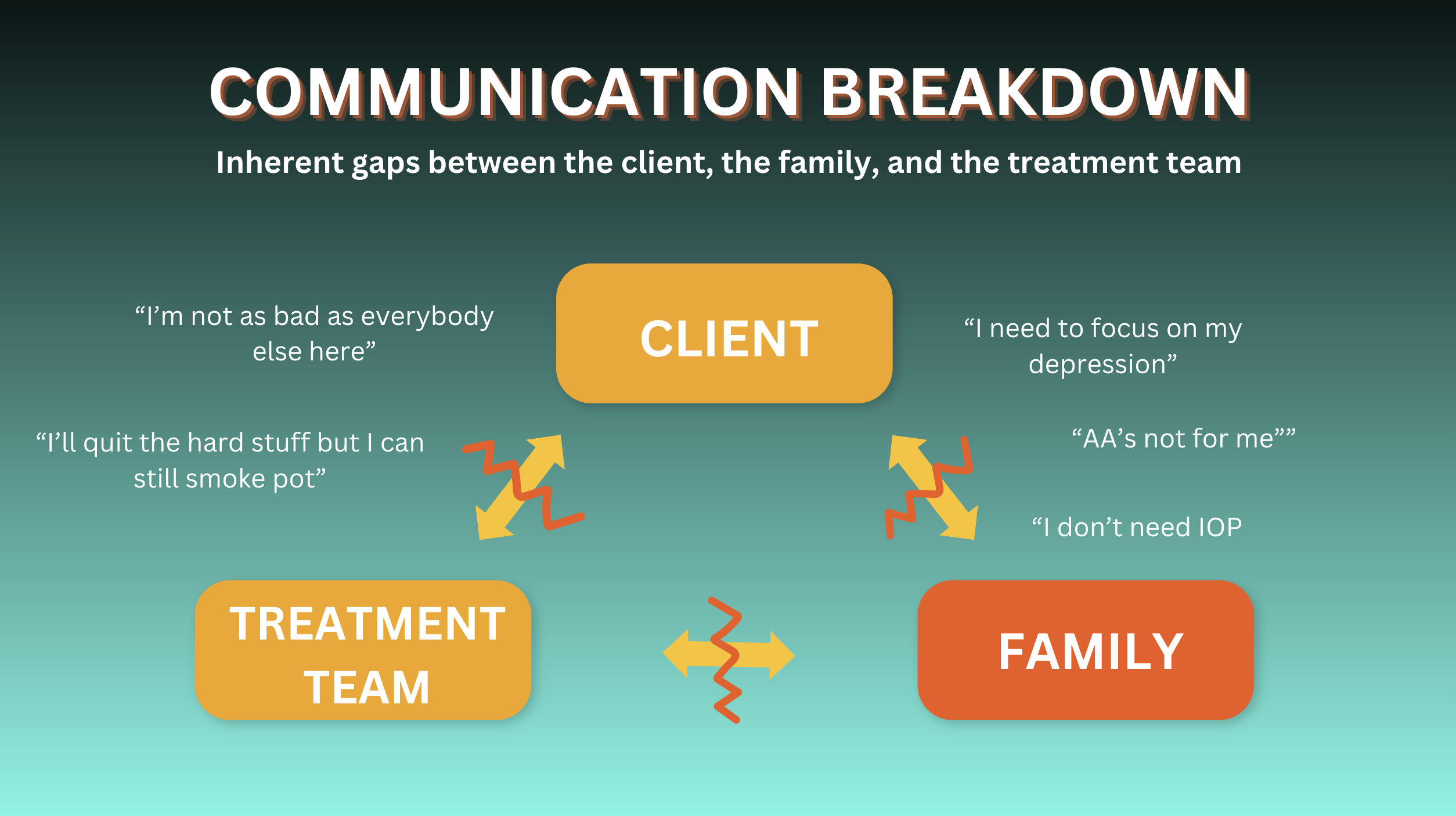
What I created through RehabWorks was a program that bridges these gaps.
The first step towards bridging the gap was simply addressing the problem of accessibility. How do we get families engaged in treatment immediately?
The solution was to create an entire online platform that families could access at the time of admission. I remember the first time I described my idea to an admissions coordinator for a local treatment center:
"What if when you're admitting a client to treatment, you were able to hand the family some log-in information, and they could be watching videos that welcome them into treatment and begins delivering valuable treatment education on the way home from admission?"
His response: "Man, that would be incredible. You should do that!"
I then said: "Hold my beer." (NO I DIDN'T! Sorry, I just couldn't help it...)
However, I did go on to show him that I had already created exactly what I had just described. We ended up beta testing the program at his facility, and they became the first program to make RehabWorks part of their family program.
This speaks to the first factor in solving the gap problem, and that's accessibility. What I did with RehabWorks was create a modality that provides convenient access for families, without having to wait for the first family therapy session or the next intensive family weekend, where most programs deliver the education piece these days (if at all).
A Framework For Treatment Success
If making the material accessible is the first step towards bridging the gap and harnessing the power of family support, the second piece of the puzzle is the material itself. When I wrote Rehab Works!, I included what I saw as the most important things families should know about addiction and how treatment works. It included topics such as:
- Substance Use Disorder diagnosis: What it means to have a "problem"
- Impact of substance use on the family system (boundaries, restoring family balance)
- Measuring treatment progress
- Elements of treatment planning (continuum of care, relapse prevention, peer-based support, etc.)
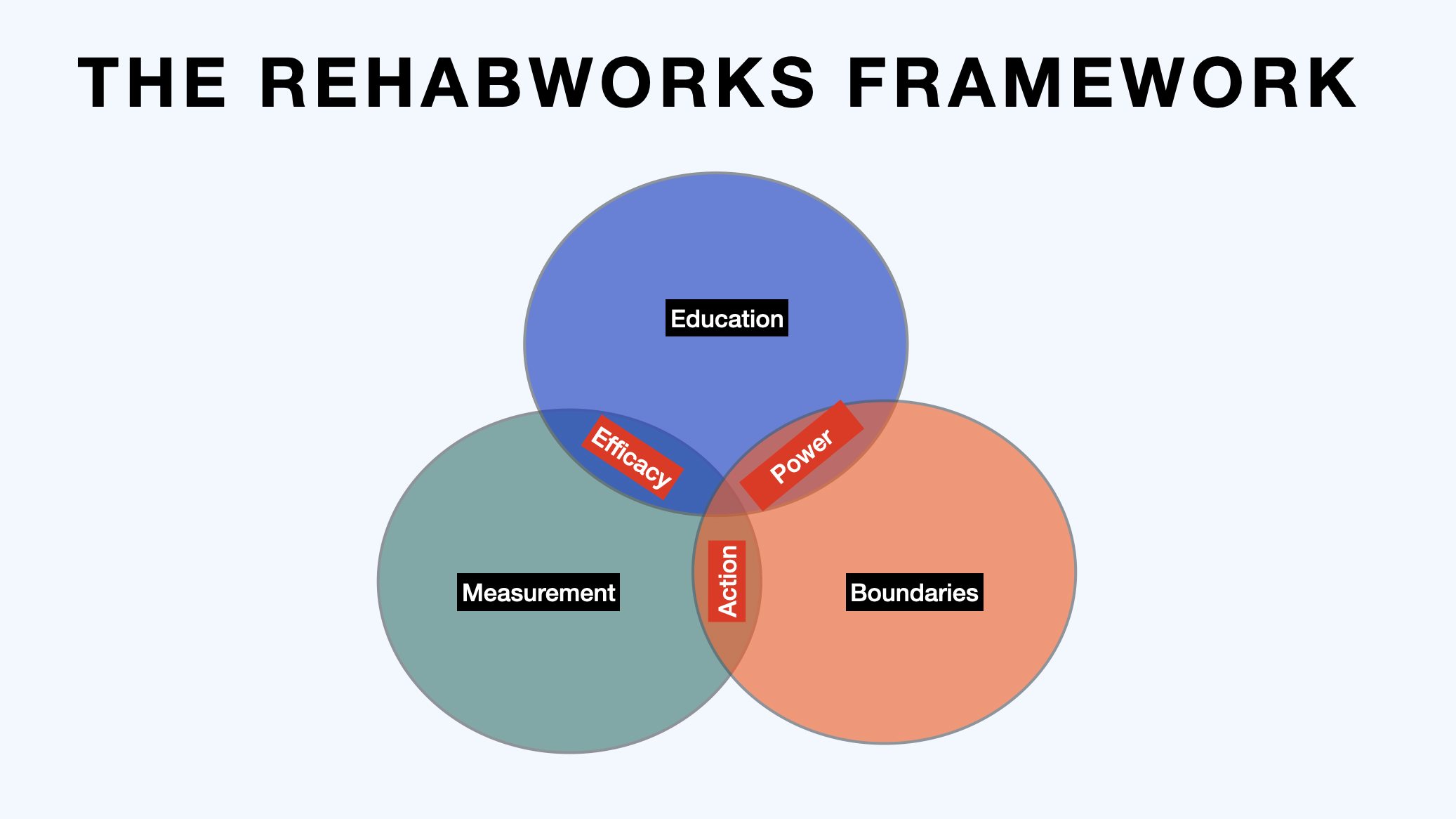
In my last blog post I wrote specifically about how I incorporated this material as part of a strategic framework that helps shift families from being "hopeful bystanders" in the the treatment process, to active co-facilitators in their loved one's recovery. (RehabWorks: A Framework For Treatment Success)
For our purposes here, I'll point to this framework as the key to addressing the family as the X-factor in treatment success:
- It meets families where they are at the beginning of treatment and educates them about addiction, treatment, and recovery.
- It gives families tools for setting informed, healthy boundaries, restoring balance, and beginning their own recovery.
- It teaches families how to measure progress and identify cracks in the foundation—before the client leaves treatment.
Improving Outcomes
The impact effective family engagement can have on treatment outcomes can't be overstated. And the thing is, it's not that complicated. Let's look at an example of how early engagement through effective education can put the family in the position of "making the case" as opposed to "breaking the case":
A client tells the family, "Get me out of here! I'm not as bad as everyone else here."
If the family has already learned that if Substance Use Disorder has been diagnosed, it needs to be treated—regardless of the drug of choice, or the circumstances of their use, they'll know how to respond:
"You have a substance use disorder, and it needs to be treated."
This is just one example of how premature discharge can be avoided my simply getting the family involved immediately and supplying them with the right educational material. Any of the statements in the "gap" diagram above represent potential scenarios that can sabotage treatment if the family doesn't know how to respond:
"I need to focus on my depression."
"It's only pot. It doesn't cause me any problems."
"I'm doing fine now. I don't need all this treatment."
To the contrary, the informed family easily sets aside these potential barriers to successful treatment, avoids power struggles, and in essence becomes a powerful ally in the treatment process.
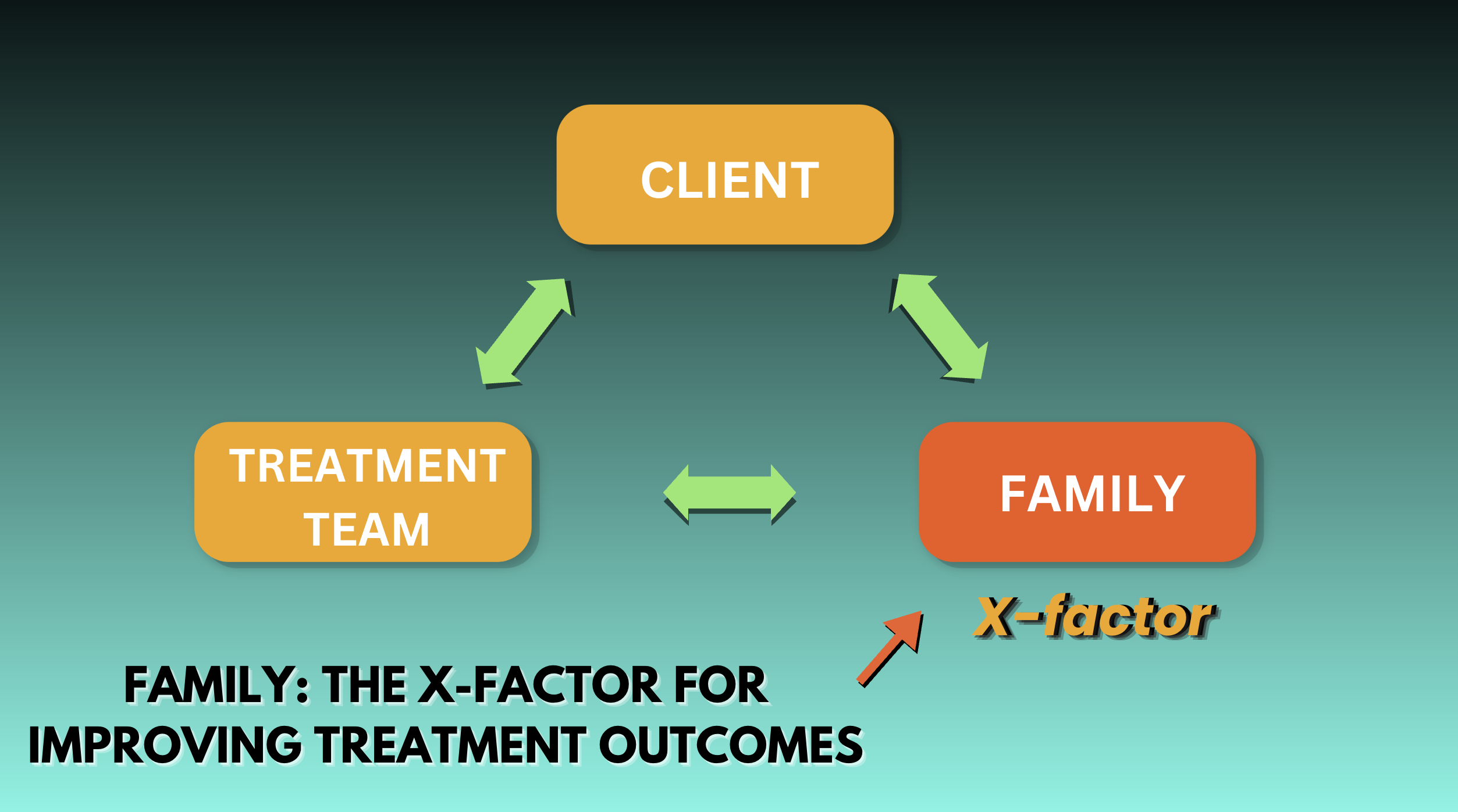
Want to learn more?
Please join me for a timely discussion on improving family support in addiction treatment!
In this special webinar presentation I'll be going through my RehabWorks framework and showing how families can take a proactive role in supporting their loved one's treatment.
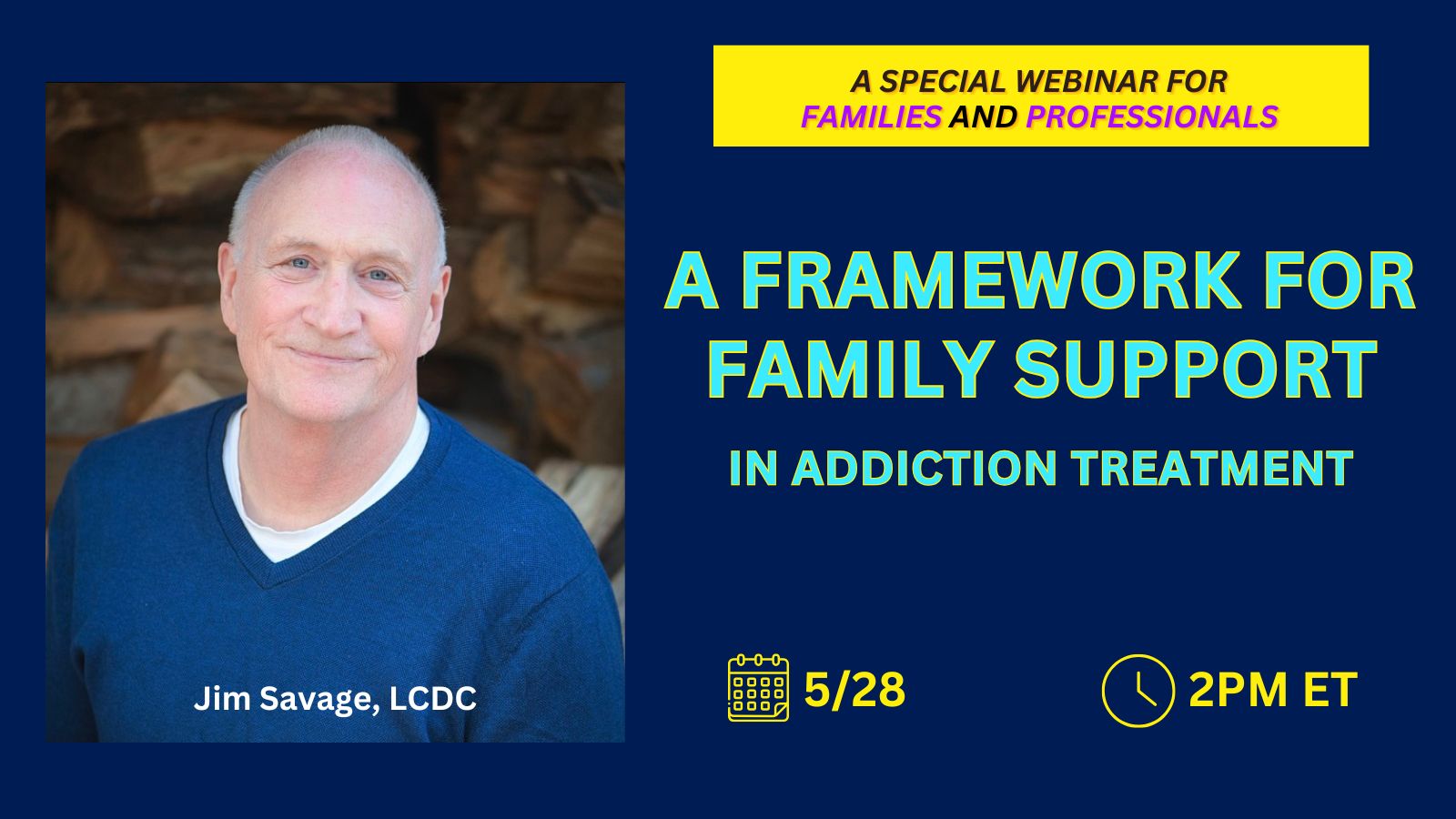
Special Webinar Presentation
A Framework for Family Success
Date: Wednesday, May 28 Time: 2PM ET Reserve your spot: https://streamyard.com/watch/GkCczg8egSan
This is for:
- Professionals who want better outcomes and fewer gaps between families and treatment teams
- Family members who want to support a loved one in treatment, but aren’t sure where to begin
I’ll walk through the full framework, share practical tools, and show how families can shift from passive roles to powerful allies in the recovery process.
RESOURCES
Family Support
For families looking for more individualized support, SCHEDULE A FREE 45 MINUTE CONSULTATION
Providers
If you are a treatment provider and would like to learn more about RehabWorks and how it could be used at your facility, LET'S CHAT!
FREE eBOOK
Sobriety Doesn't Have To Suck!
A Guide To Finding Excitement, Renewal, And Spiritual Fulfillment In Recovery
Stay connected with news and updates!
Join our mailing list to receive news, resources, and updates.
Don't worry, your information will not be shared.
(We won't send spam. Unsubscribe at anytime.)
